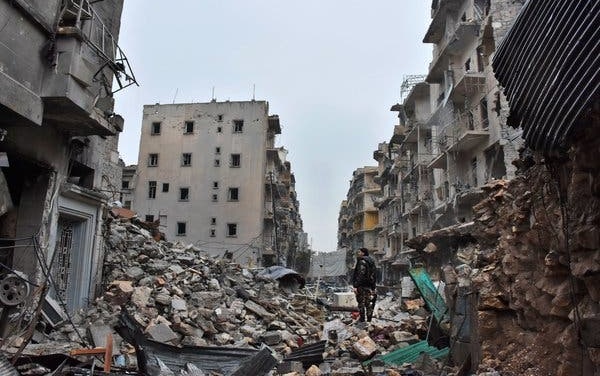In a 91-page report, Human Rights Watch documents how the Assad regime is co-opting humanitarian aid efforts in Syria, taking the money of donors and investors to “entrench repression”.
HRW explains how the regime has established a political and legal framework to divert aid to its torture and detention facilities, continuing the punishment of civilians after opposition areas have been recaptures. atrocities, punish those perceived as opponents, and benefit those loyal to it.
Lama Fakih, HRW’s Middle East Director, explains:
While seemingly benign, the Syrian government’s aid and reconstruction policies are being used to punish perceived opponents and reward its supporters. The Syrian government’s aid framework undermines human rights, and donors need to ensure they are not complicit in the government’s human rights violations.
The report is based on 33 interviews with staff of UN and international aid organizations, donors, recipients, and experts, and a review of data on humanitarian and development assistance and reconstruction.
HRW confirms long-standing accounts of the Assad regime diverting aid and blocking access to opposition areas, forcing humanitarian groups to accede to the demands. An aid agency official says:
In Syria, you barter with the government for projects – everyone knows this, I say I will rehabilitate schools in this area. The government comes back and says how about these areas instead? Back and forth, until I commit to their areas to get approval for my projects.
See also UN Agencies Have Surrendered to Assad Regime — and Syrians Are Paying The Price
The outcome is that aid is given to projects which “contribute to or sustain forced displacement, or construction and operation of detention facilities, courts, or law enforcement operations with a record of serious abuse”.
The report calls for a consortium for agencies to adopt joint criteria for programming and prevention of any backsliding in standards when engaging with the Assad regime. An independent monitoring system and due diligence by investors should accompany the programs.
Where contribution to serous human rights abuses cannot be prevented, aid programs should be ended.

